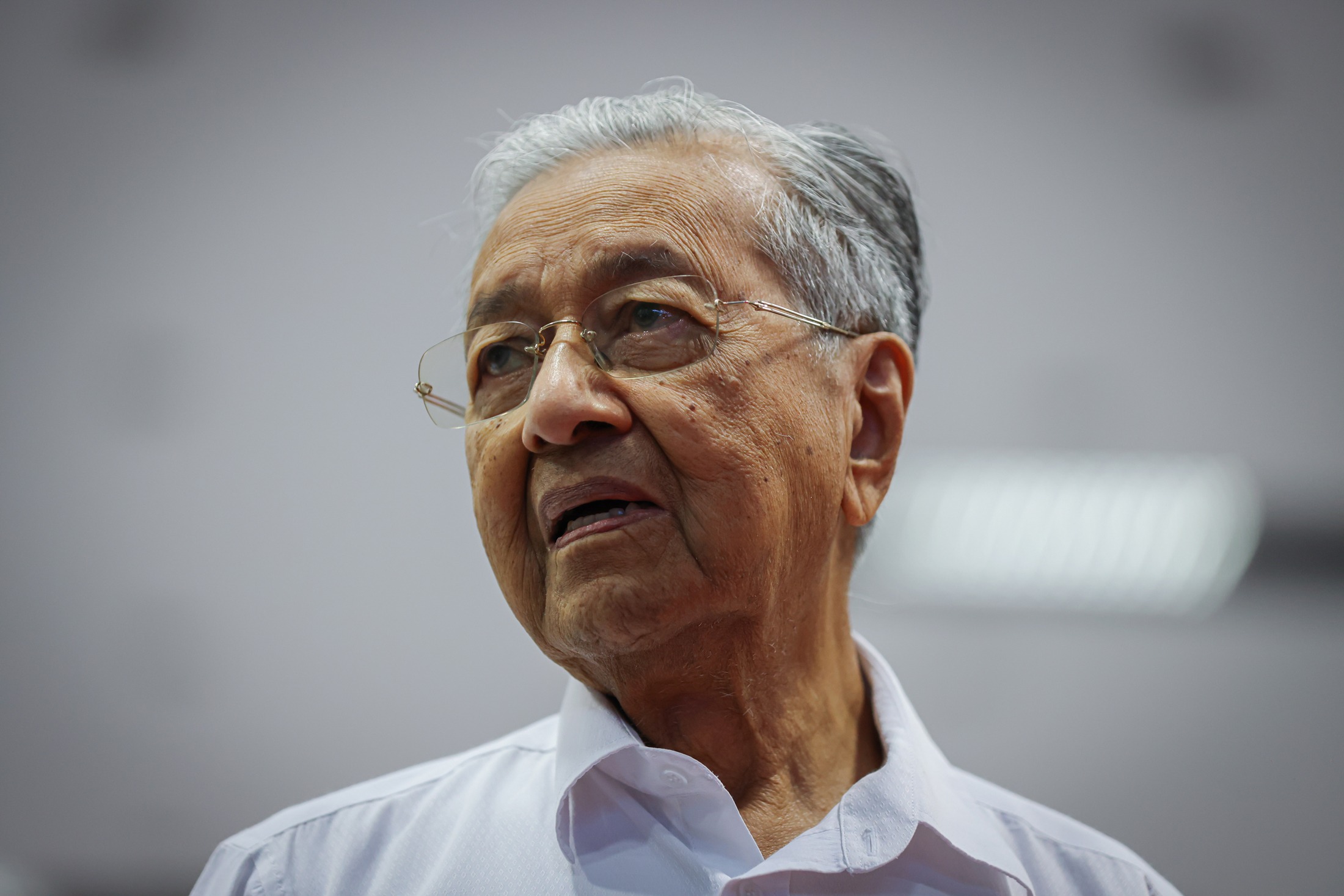Malaysia’s Prime Minister, Anwar Ibrahim, recently commented on the evolving nature of U.S. foreign policy, describing it as increasingly transactional.
He suggested that this approach, characterized by rewards and punishments, should be encouraged to enhance cooperation with China in the Asia-Pacific region.
Anwar emphasized the importance of not taking sides in U.S.-led Western rivalries against China, advocating instead for empathy towards China’s perspective.
Anwar’s remarks were made during a speech at the Australian National University, where he highlighted the need for major players like the United States and China to conduct themselves in ways that promote regional cooperation and economic integration.

Mahathir Mohamad, Malaysian prime minister (Credits: Benar News)
He argued that without the intervention of Southeast Asian nations, the region’s dynamics would be dominated by the calculations and designs of these major powers.
The Prime Minister also discussed significant shifts in U.S. societal and political landscapes over the past few decades, including the impact of globalization and military engagements in Iraq and Afghanistan.
According to Anwar, these factors have influenced American attitudes towards the world and contributed to a preference for more transactional leadership.
Anwar’s comments reflect a nuanced approach to international relations, urging for a balance between empathy and adherence to international law.
While advocating for understanding China’s perspective, he also emphasized the importance of not ignoring breaches of international law, such as China’s assertiveness in the South China Sea.
Anwar’s stance highlights the complexities of managing relationships in the Asia-Pacific region and the need for a nuanced approach that considers the interests and perspectives of all parties involved.























